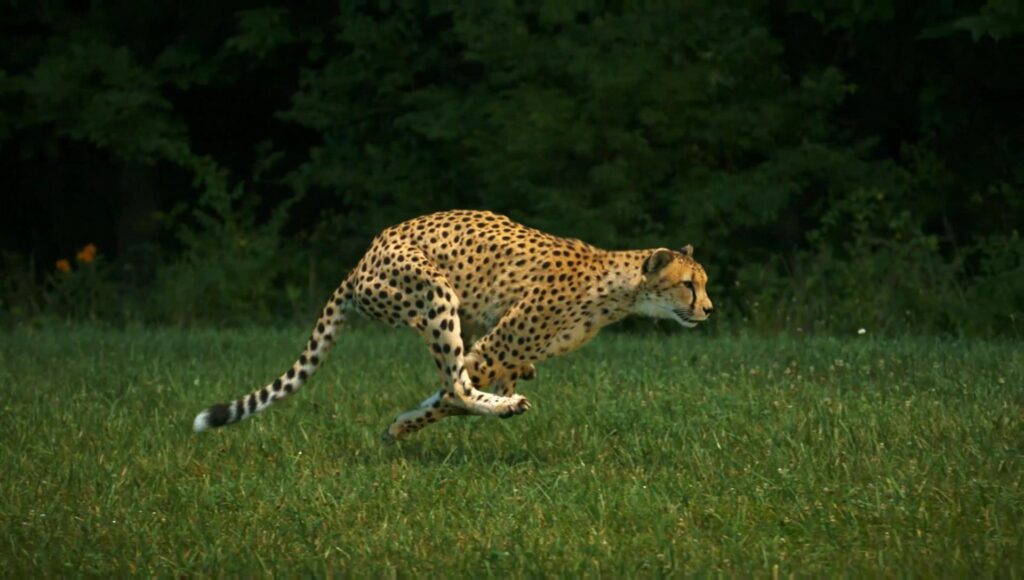I don’t know what your feelings towards cheetah, for many of not most people they have vague idea of the cheetah because it’s the fastest animal on earth. My family have a model cheetah, full size, something I’ve always loved – and it built a deep love for these animals. I was lucky enough to see one whole in the Kruger – not many at the time, so very lucky. I hope this time we will see more

However, for perhaps most they know little else. I have written on them many times, I believe they are an essential tool for conservation. Given their size, they don’t generally attack humans, and kill livestock far less. Having a historic range that encompasses most of Africa and much of Asia, there are many places they could be, but instead they face extinction once again.
Pressure on cheetah come from many fronts, but the main threats are climate change, habitat destruction and hunting by humans.
Given their size, they don’t do well in close proximity to lions leopards or hyena. As a result, they often do better in small reserves without big predators or outside reserves all together. In 1900 as many as 100,000 cheetah lived wild, now just 7000-8000 remain. The Asiatic cheetah is even more threatened, with perhaps just 50 surviving in the desert of Iran.
Cheetah have far less generic variability than almost every other species, and this is at least partly down to several genetic bottlenecks that they have gone through. A genetic bottleneck is where the population drops very low, leaving little generic variability in the population as a whole. This is a risk, as it makes it less likely that a species will be able to adapt in the future to a change in their environment.
The two cheetah bottlenecks are thought to have occurred about 100,000 and then again 10,000 -12,000 years ago. The first is thought to have been caused by their disposal around the world. The second wiped out the North American population (did you know this is where cheetahs first appeared) and it’s European population.
Time will tell if cheetah will survive the current bottleneck they are facing.











